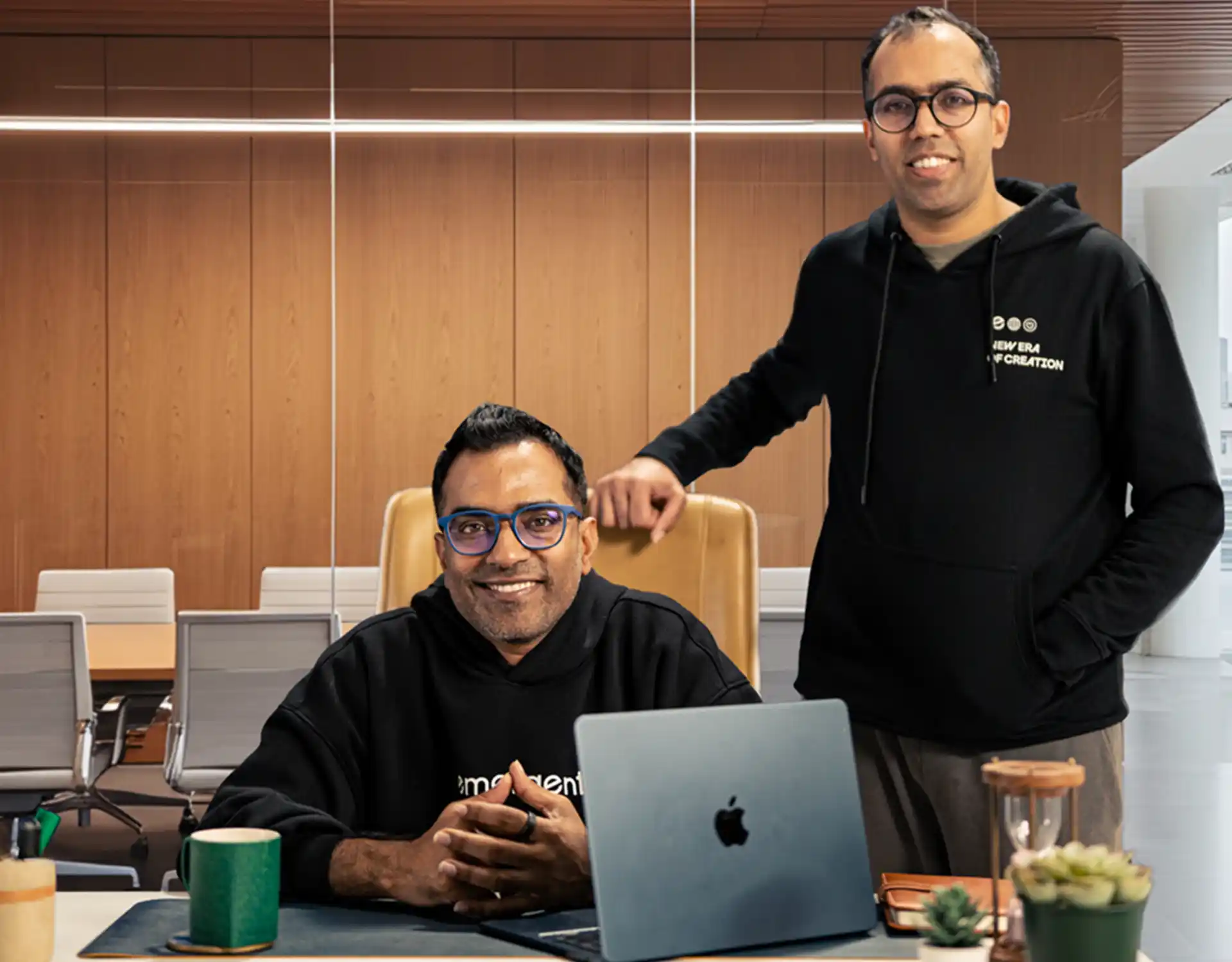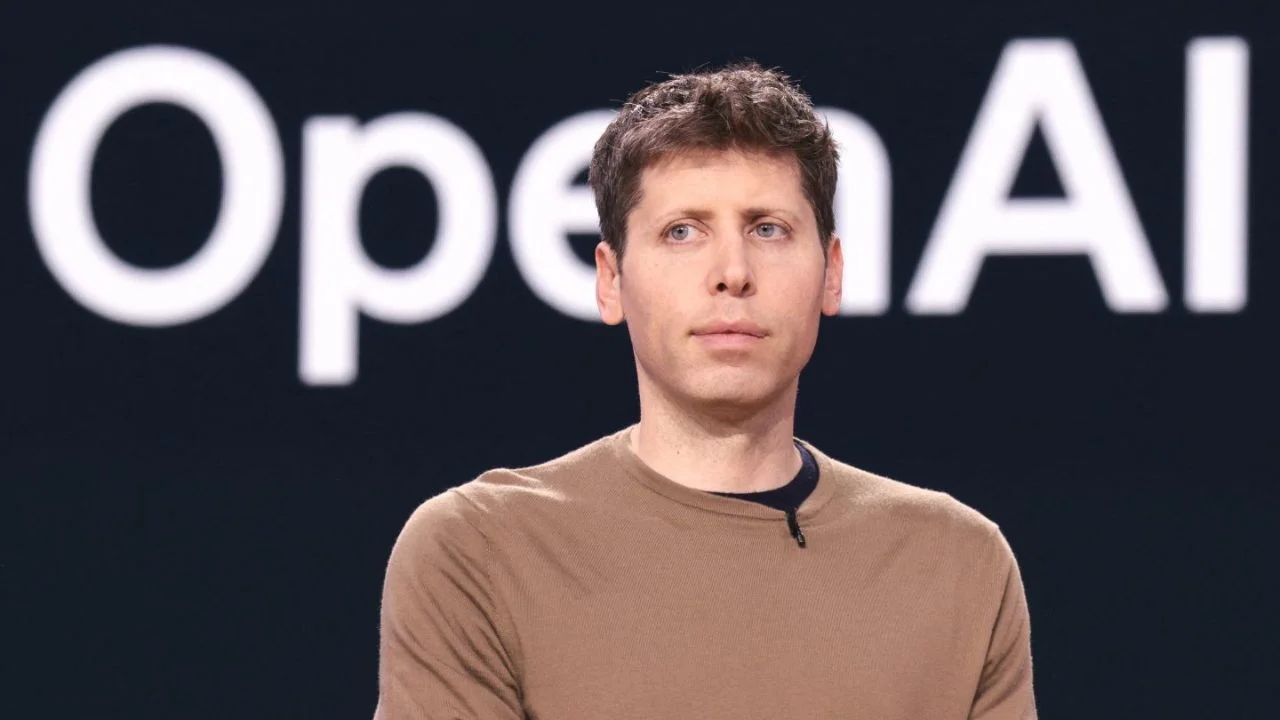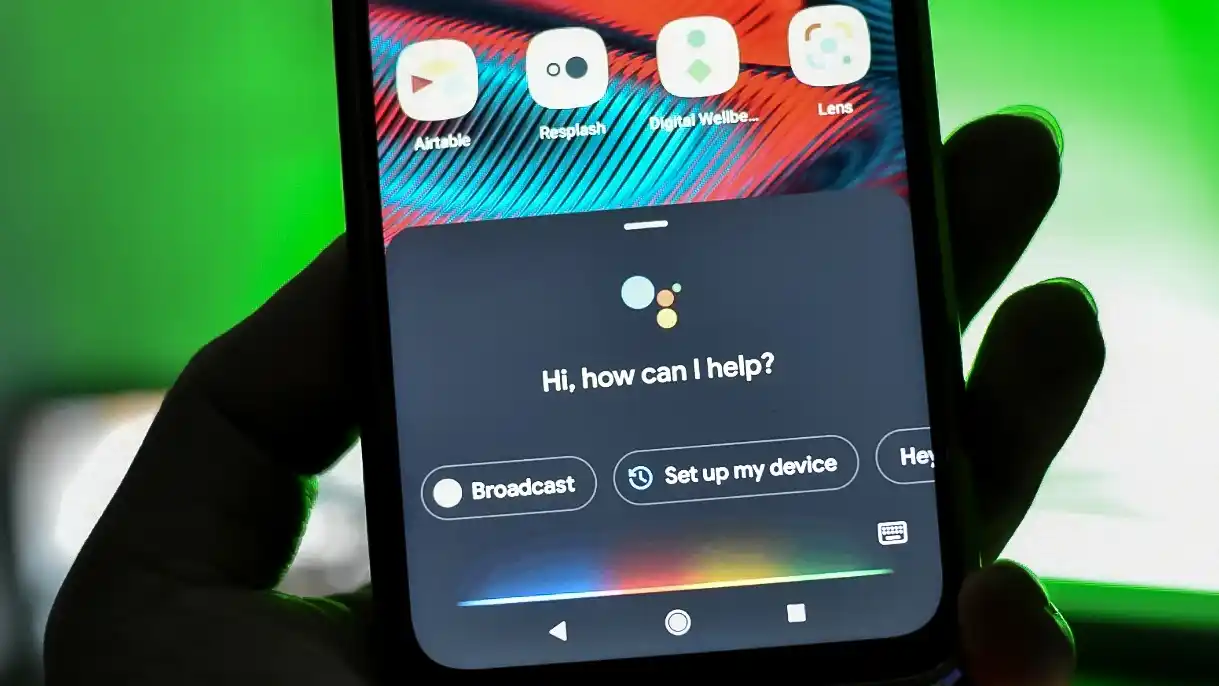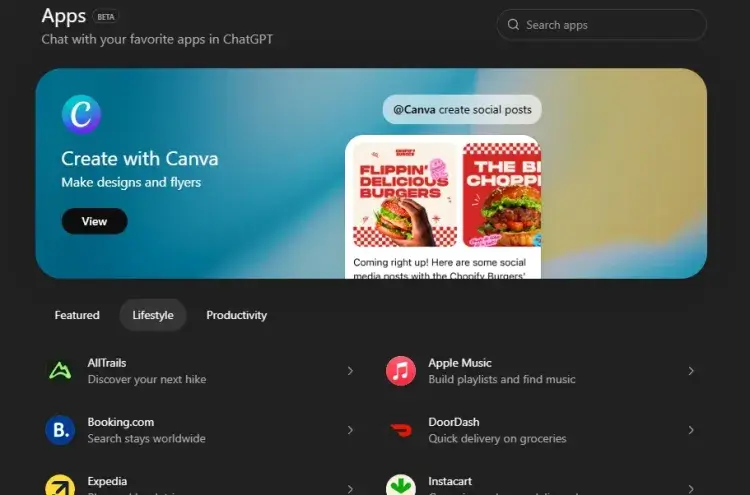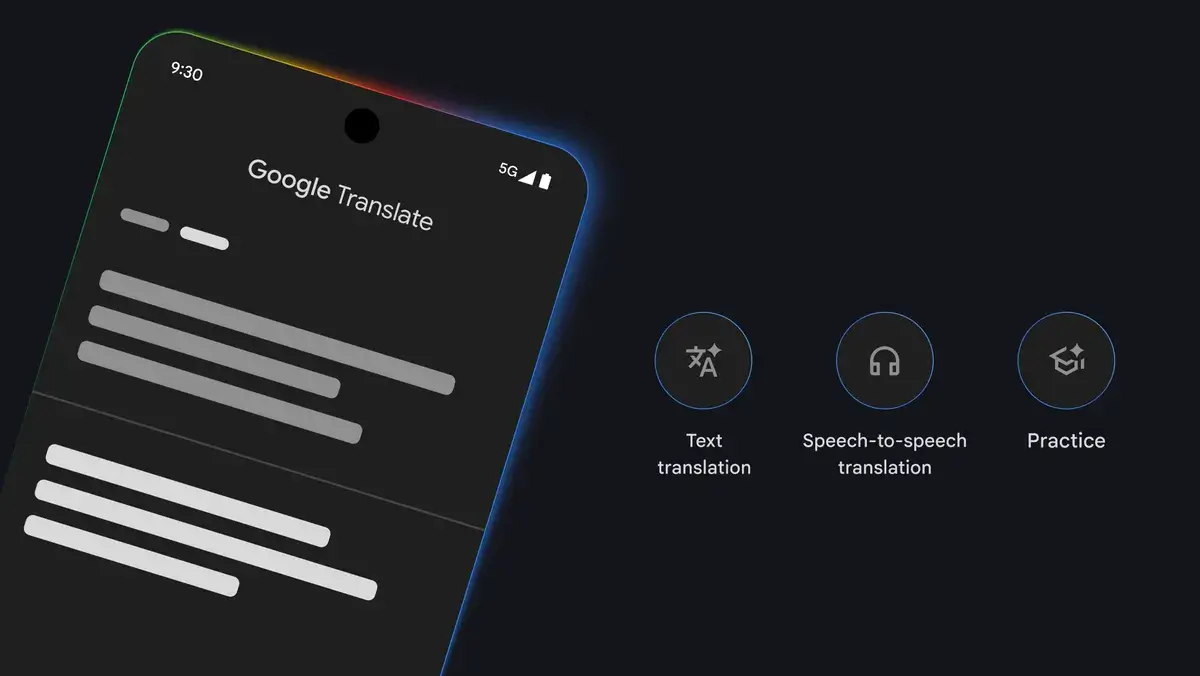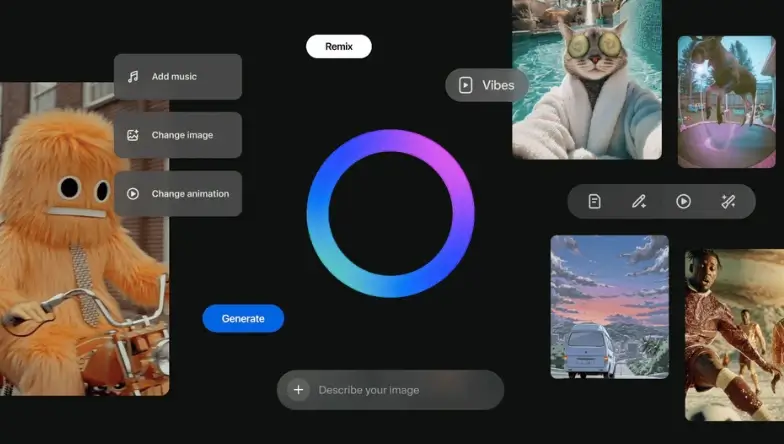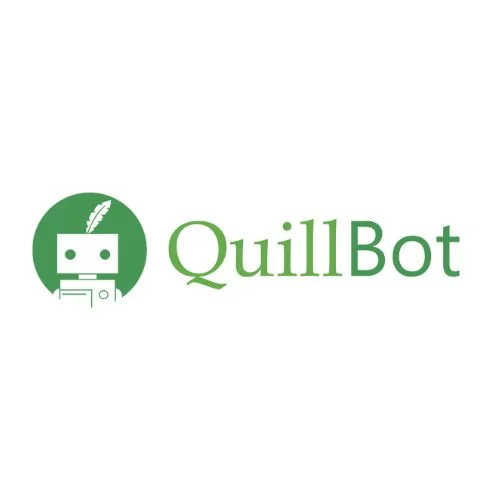By 2028, Sam Altman Predicts Its Model Will Outthink Human Researchers
Not science fiction. Just the next upgrade.
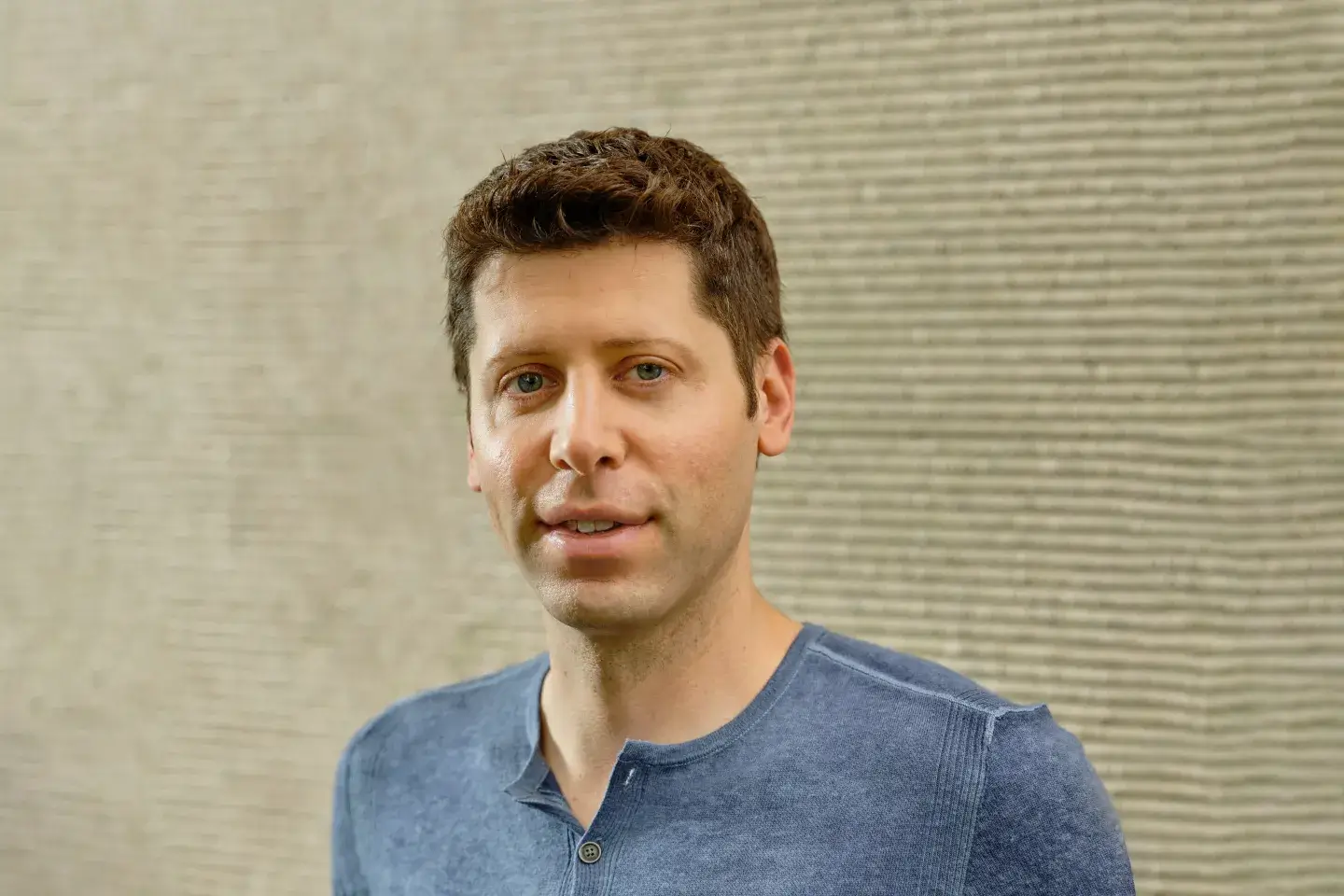
Sam Altman just announced a goal that could reshape the future of science itself — OpenAI aims to build a fully autonomous AI researcher by 2028.
Yes, an AI system capable of conducting its own large-scale research projects, designing experiments, and pushing the boundaries of knowledge without human supervision.
During a livestream with OpenAI’s chief scientist Jakub Pachocki, Altman revealed that internal progress already points to an “intern-level” AI research assistant by 2026. Just two years later, the company expects a “legitimate AI researcher” — a system that doesn’t just analyze data but forms hypotheses and tests them at a scale humans can’t match.
This ambitious prediction arrived on the same day OpenAI officially transitioned to a Public Benefit Corporation, freeing it from the limitations of its non-profit structure. This move opens doors to massive funding — critical for the company’s commitment to 30 gigawatts of AI infrastructure, worth nearly $1.4 trillion in investment over the coming years.
The shift isn’t just administrative; it’s foundational. It allows OpenAI to scale the enormous computational resources needed for what Pachocki described as “test-time compute” — giving AI models more time and power to think.
Current models can focus on problems over a five-hour time window and already rival human champions in events like the International Mathematical Olympiad. The next phase? Extending that “thinking window” dramatically, letting AI reason through long-term problems like drug discovery, fusion energy, and space exploration.
In other words, Altman’s team is building the first digital mind that can research like a human but think like a supercomputer.
The plan aligns with OpenAI’s new mission: accelerating scientific progress and solving problems that human researchers simply don’t have the bandwidth for. The company’s non-profit arm still controls 26% of the for-profit entity and holds a $25 billion commitment toward AI projects aimed at curing diseases and advancing global science.
Pachocki put it bluntly — “Deep learning systems could be less than a decade away from superintelligence.” That means machines smarter than us across a wide range of fields. If that prediction holds, the next decade won’t just bring faster models — it’ll bring AI systems capable of true discovery.
But this isn’t just about OpenAI’s ambition — it’s about control, ethics, and the shape of the next scientific revolution. A future where AI doesn’t just assist research — it leads it.
And the biggest question hanging in the air:
Will we guide this intelligence, or will it soon guide us?
Either way, 2028 won’t just be another milestone in AI. It might be the moment when science gets a new kind of scientist.
You may like recent updates...
Subscribe & Get Free Starter Pack
Subscribe and get 3 of our most templates and see the difference they make in your productivity.
Free Starter-Pack
Includes: Task Manager, Goal Tracker & AI Prompt Starter Pack
We respect your privacy. No spam, unsubscribe anytime.

